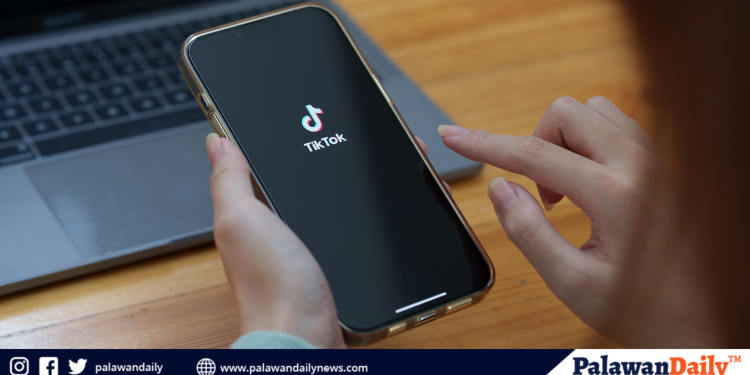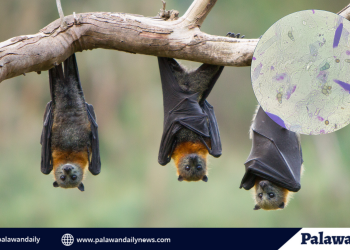National Security Adviser and concurrent National Security Council Director General Eduardo Año has signaled his willingness to propose a ban on the popular video-sharing platform TikTok within the Philippines if compelling evidence emerges linking the app to cyber espionage activities, possibly orchestrated by China.
Año’s announcement came during a radio interview, where he disclosed his instructions to expedite an ongoing investigation into TikTok, led by Assistant Director General Jonathan Malaya, to address concerns of potential data breaches.
The core of these concerns is rooted in TikTok’s Chinese origin and its partial government ownership, leading Año to raise suspicions that it may be used for cyber espionage, potentially compromising the personal information of its more than 44 million Filipino users.
The National Security Chief made a strong point, stating, “Apps like these, originating from China, present a significant likelihood of obtaining data and private details of their subscribers.”
Año clarified that an absolute ban on TikTok in the Philippines is not yet a definitive decision, stating, “We are not asserting that we will immediately ban TikTok in the Philippines. We will defer that determination to the relevant government offices responsible for security matters. Any further actions will be based on developments as they occur.”
Assurances were given by Año that the National Security Council is actively assessing TikTok, emphasizing the need to protect the interests of Filipino users and the security of the government’s digital infrastructure.
“The National Security Council continues to conduct assessments and studies. We have directed Assistant Director General Jonathan Malaya to submit a report outlining the policies and strategies that will ensure the safeguarding of our data and digital systems, especially given the rising incidents of hacking,” Año said.
Additionally, Año pointed out recent hacking incidents that have impacted government agencies such as the PSA and PhilHealth, underscoring the importance of taking proactive measures.
It is important to note that several other countries, including Syria, Afghanistan, India, and Pakistan, have already enacted comprehensive bans on TikTok due to national security concerns.
In contrast, the United States, Canada, and the United Kingdom have opted for partial bans, restricting the installation of the app on government-issued mobile devices and official gadgets.



















Discussion about this post